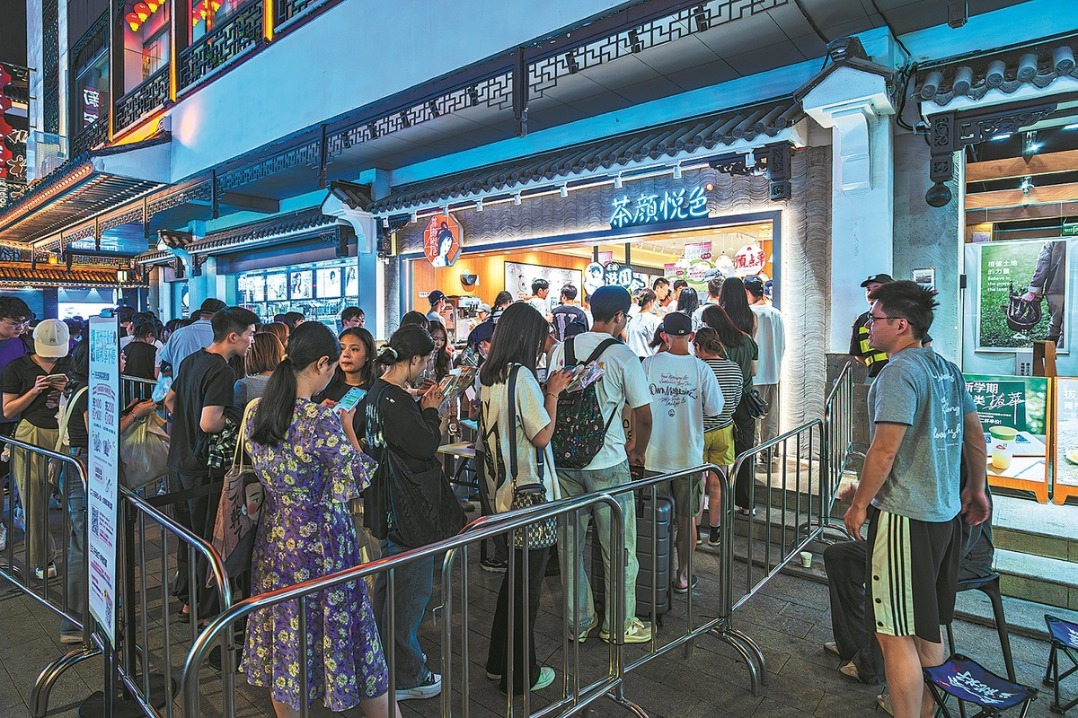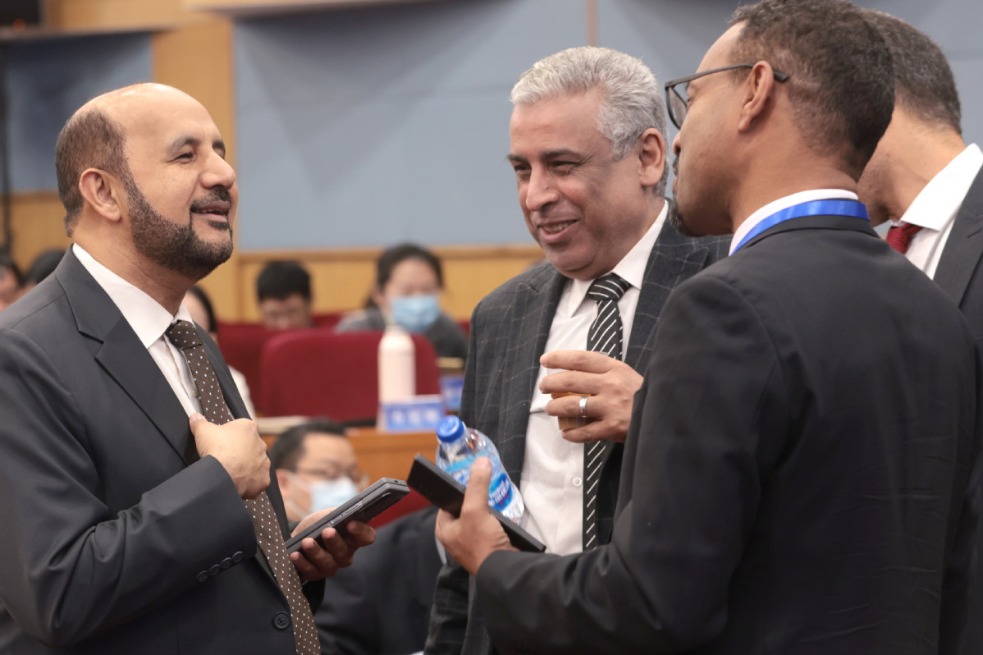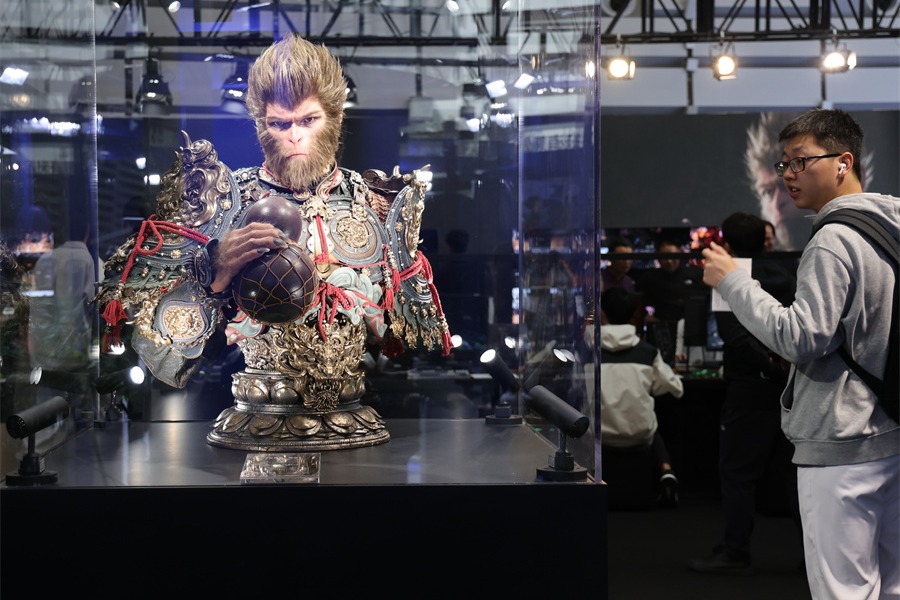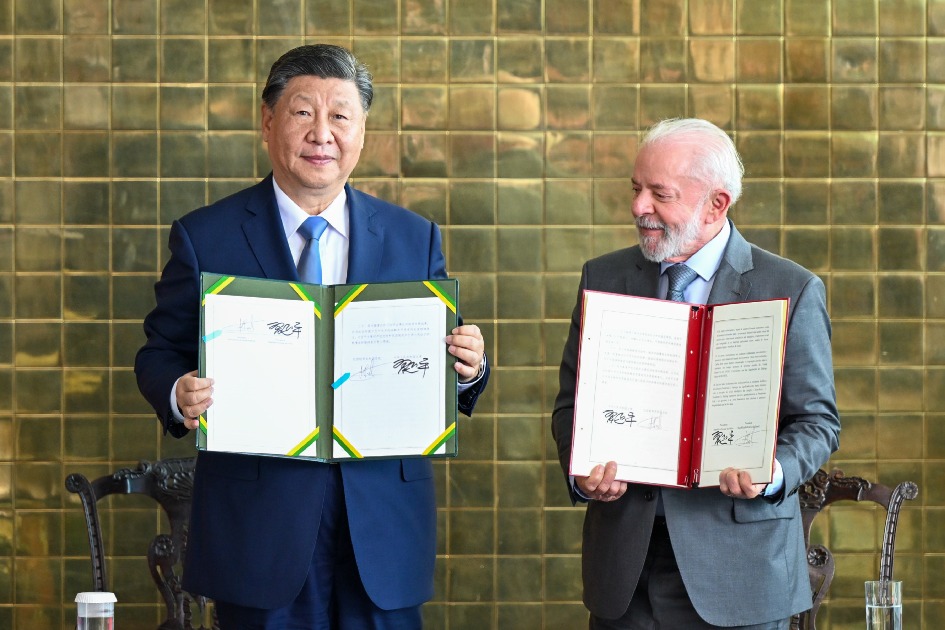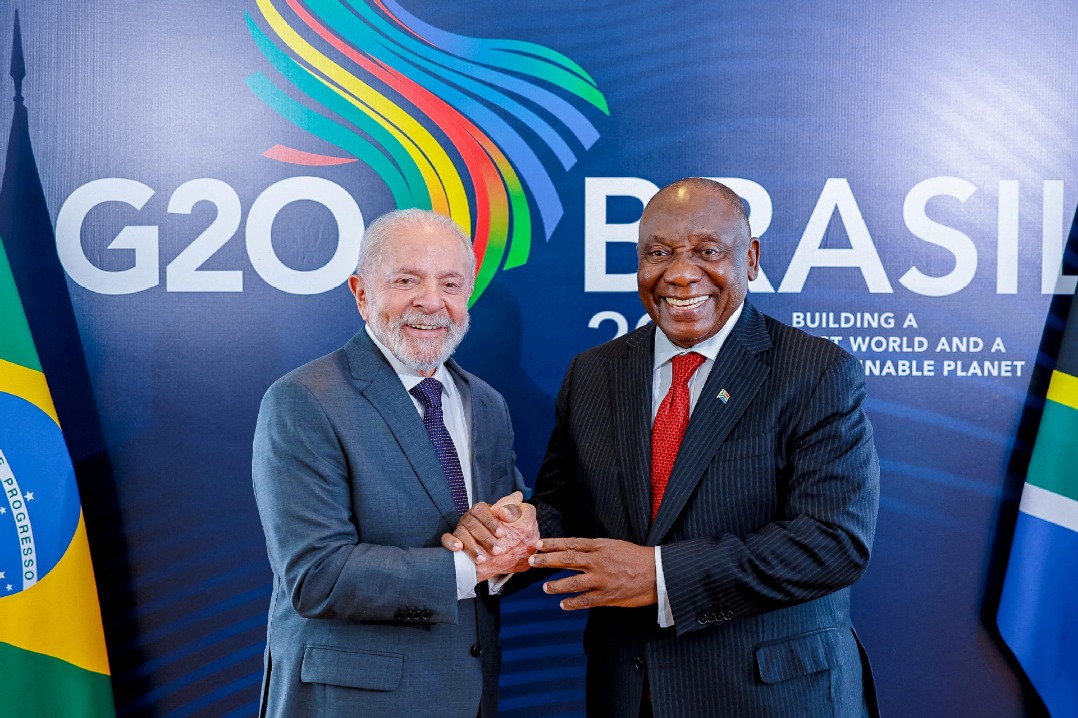Oversight of leaders at all levels hailed
Experts: China continues to improve supervision in push to deepen reforms
By YANG ZEKUN | CHINA DAILY | Updated: 2024-08-05 07:12
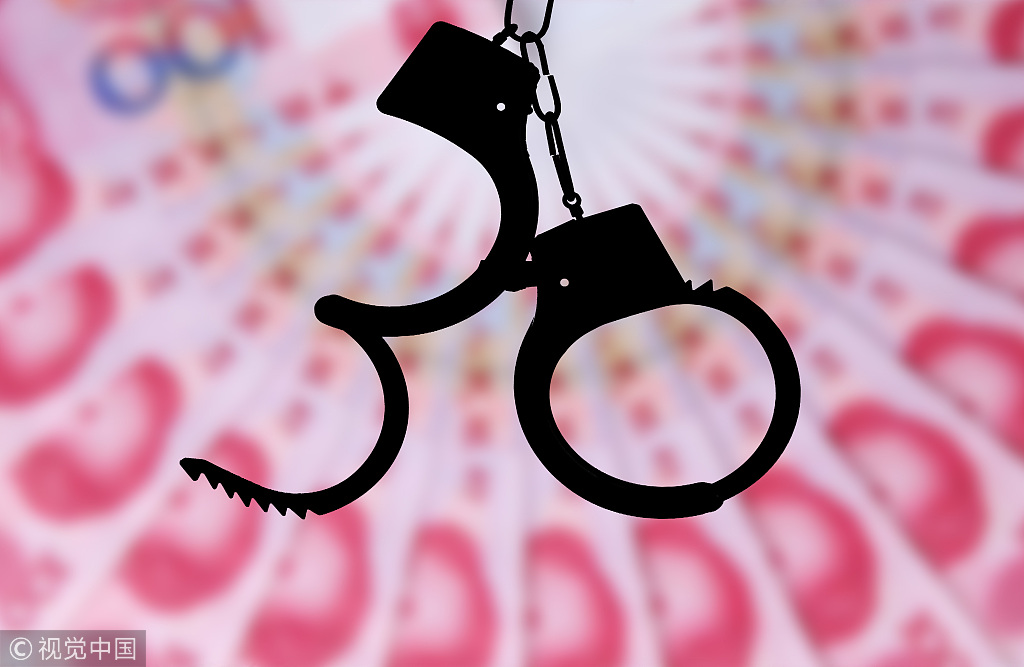
China is continuously improving supervision of the leaders of Party and State departments to ensure that their powers are exercised within regulations to serve overall national development and the wellbeing of the people, experts said.
The Resolution on Further Deepening Reform Comprehensively to Advance Chinese Modernization, which was adopted at the third plenary session of the 20th Central Committee of the Communist Party of China in July, emphasized the need to enhance supporting systems for more effective oversight of leadership teams and the heads of the teams, as well as improve the mechanisms for overseeing the allocation and exercise of power.
Yang Weidong, a professor at the Institute of Rule of Law at China University of Political Science and Law, noted that in recent years, clear regulations regarding the allocation and exercise of power by leading officials have been established for governments from the central to the local level. Additionally, major Party and government agencies have set rules for decision-making processes, establishing an overall sound institutional framework for oversight.
Yang said that effectively fulfilling the primary responsibilities of the leaders of a department and truly supervising them are important considerations.
"The resolution this time mentioned improving the support system for supervising leading officials and leadership teams as part of deepening reforms, indicating further room for comprehensive and in-depth development in their supervision," he said.
In the first half of this year, 41 provincial- and ministerial-level officials underwent disciplinary review and supervisory investigations, according to a joint statement from the Central Commission for Discipline Inspection of the Communist Party of China and the National Commission of Supervision, China's top anti-graft bodies. The statement also said that 25 officials at such levels faced disciplinary and administrative penalties.
Furthermore, the Supreme People's Procuratorate announced that from January to June, procuratorates nationwide have accepted cases involving 13,000 officials that were transferred by supervisory commissions for alleged duty-related crimes, up 44 percent year-on-year.
Of those officials, 9,437 were charged with crimes, which was 32.6 percent more than their number in the same period last year. Of those charged, 15 were former provincial- or ministerial-level officials.
Yang, the professor, emphasized that leading officials play a crucial role in a department, and any deviation in their behavior can lead the department astray.
"In practice, these officials have a unique status, and a balance is required between granting them and the leadership team the authority to advance various tasks and regulating the exercise of their power. Balancing these aspects necessitates the design of various systems," he said.
Ji Yaping, head of the School of Administrative Law at Northwest University of Political Science and Law, noted that the resolution reiterated the need to improve the support systems for leaders, emphasizing the importance of overseeing this small but crucial group of officials and recognizing the persistent challenges in supervising them.
Ji highlighted the significance of thoroughly implementing the policies and systems established by the central government. Strengthening democratic centralism within the Party is a crucial measure to regulate the use of power, which is a fundamental principle of the CPC.
The principle emphasizes that Party members should have the freedom to discuss and debate matters of policy and direction, but they also should support final decisions once they are reached through a majority vote, Ji said.
He said that in reality, some regions and departments fall short in adequately implementing "democracy", focusing excessively on the "centralization" of authority and certain officials' opinions, leading to deviations in the exercise of power.
In March 2021, the CPC Central Committee issued the "Opinions on Strengthening Supervision of the Leadership Teams and Their Heads", the first specialized document focusing on the supervision of leading cadres. It said that oversight of leaders is still lacking, and efforts to improve the internal oversight system and implement supervisory responsibilities remain urgent.
The document emphasizes the systematic oversight of leading officials, including supervision of lower-level departments by higher-level departments, said Yang, the professor. It also underscores democratic centralism and the supervision of top leaders and leadership teams by departments at the same level.
Yang said the proposed improvement of the supervisory support system in the third plenary session's resolution would be based on implementation of various policies and systems related to the effective and strict governance of the Party, especially those issued after the 18th National Congress of the CPC in 2012. These include revised regulations on disciplinary actions and the 2021 document.
Yang also noted new changes in the supervisory methods targeting leaders of grassroots governments and departments, with some people using social media platforms to report instances of misconduct under their real names.
On July 25, a whistleblower named Li Changliu posted a short video online claiming that his daughter, Li Peixia, the former Party chief of a township in Wannian county, Jiangxi province, had a dispute with her superior, the county's Party chief Mao Qi.
According to the video, Li Peixia had threatened to report Mao to the provincial discipline inspection commission. However, three days after making the threat, she was taken away by the county discipline inspection commission and remained in detention for investigation.
The day after the video was posted, the Jiangxi Provincial Commission for Discipline Inspection announced on its website that Mao was suspected of seriously violating Party discipline and the law. The commission said that Mao had voluntarily confessed and was undergoing disciplinary review and investigation.
In such cases, it is evident that although local leaders may not be high in rank, they still wield significant influence. While they may not personally direct the handling of cases, their affiliated departments may act on their behalf, and such cases have a significant impact on the credibility of the Party and the government, Yang said.
The expansion of oversight channels allows higher-level departments to promptly conduct investigations based on effective leads obtained through these means, he added.





